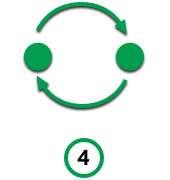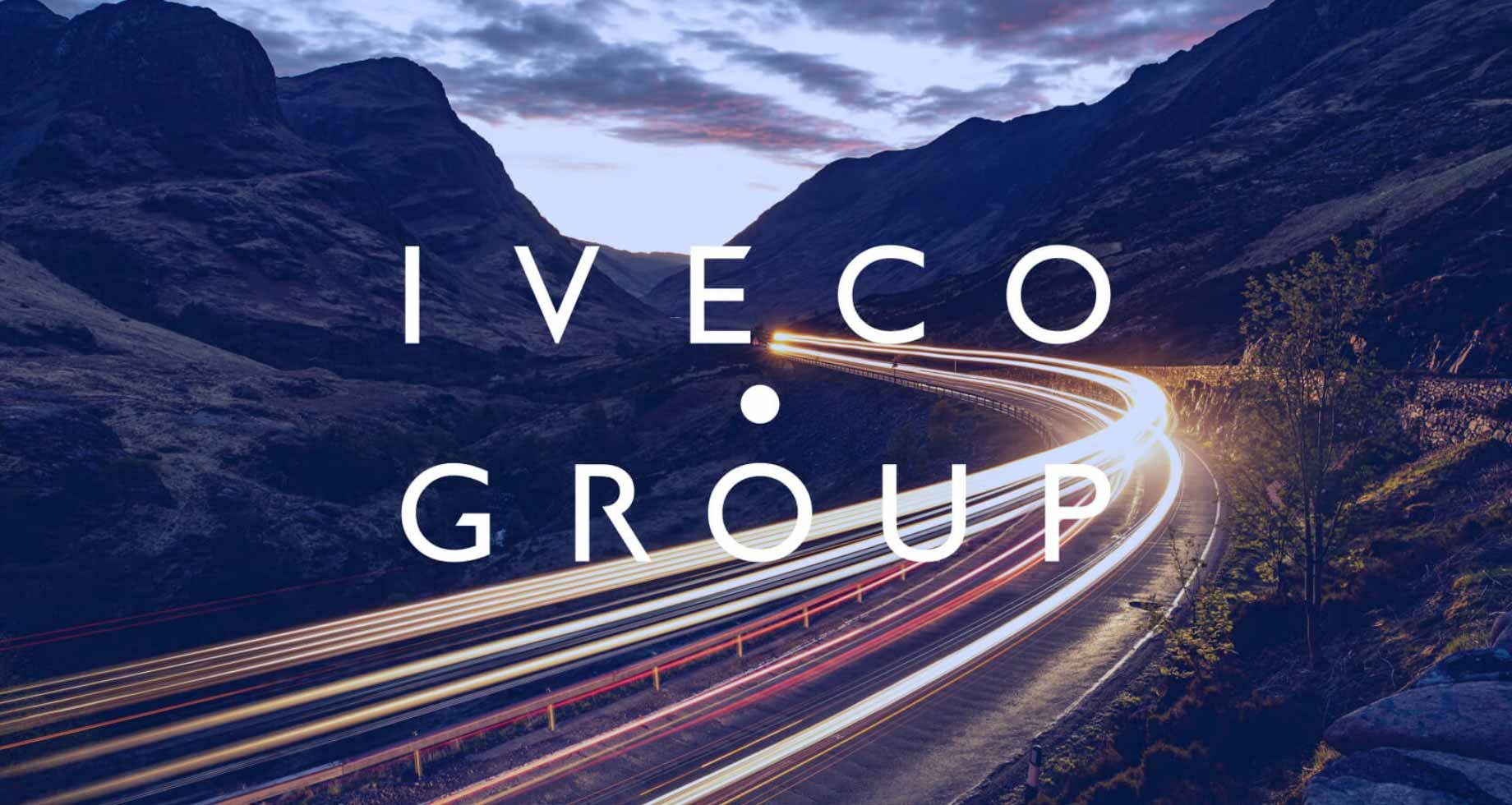Organizational Culture
Company culture is a force multiplier for the outcomes that matter most to you -- and when properly harnessed, it becomes a powerful differentiator for your organization.
Gallup's Organizational Culture solutions are as unique as your organization, helping you capture the principal reason your company exists and using it to drive performance, engagement, brand awareness and more.
Your Best Workplace Culture Already Exists
Every company has its own idea of how things should go. But without clear purpose, communication and measurement, the "how" might be hard for employees -- and customers -- to grasp.
Our work begins with our comprehensive culture audit to help you articulate the opportunities that separate your current culture from your preferred state -- determining whether you are on the right track, just need a few adjustments or require a complete refresh.
It's not about doing something new -- it's about finding what works for your organization.
Use this sample assessment to reflect on the current state of your culture.
Culture Is a Competitive Advantage
Great cultures leverage their organization's unique mission, purpose and values to strengthen their identity, inspire their employees and deliver on their brand promise to customers. It's what sets you apart from the competition.
A strong company culture is crucial to business success but the reality is that most employees don't feel meaningfully connected to it.
Employees' feelings of detachment align with how they believe their teammates and managers contribute to their organization's culture. Only two in 10 employees strongly agree that their coworkers are committed to their organization's cultural values, and the same proportion of employees strongly agree that their manager explains how the organization's cultural values influence their work.
Simply put, when your organizational culture is wrong, employees -- and customers -- leave. When you get it right, you're able to:

Attract better candidates

Retain your most talented people

Increase engagement and productivity

Improve employee wellbeing and safety

Enhance diversity, equity and inclusion

Deliver the best possible customer experience
Organizational culture aligns your workforce and points it at the outcomes that matter most to you, ensuring everyone is pulling in the same direction.
Your Ideal Culture Will Be Unique -- Let Gallup Be Your Guide
No two cultures are the same. That's why our solutions are leader-led and Gallup-enabled.
You're not starting at zero -- we want to help you work toward the complete alignment of your culture with your mission and purpose.
Our comprehensive culture audit is the starting point we'll use to inform and affirm your core mission and purpose as we progress through our framework.
Fill out this sample assessment to get an idea of how our culture audit could work for you.
Here's our framework:

Define
Culture is informed by purpose and amplified by your brand.

Align
Culture is confusing when everyone isn't on the same page.

Drive
The best company culture comes to life through the employee experience.

Sustain
The only way to achieve the culture you want is by sustaining the changes you make.
A strong organizational culture increases key performance metrics for our clients.
Gallup Partnerships Help Organizations Succeed
Read how Gallup's science and advice help organizations create exceptional workplaces.
How Iveco Group Aligned Culture With Strategy
Iveco Group is proof that focusing on your existing strengths and culture is critical for a successful organizational transformation. Learn how this global automotive leader implemented the culture audit framework to redefine its purpose and values to guide the organization into the future.

Explore Our Best Resources on Organizational Culture
Culture doesn't have a finish line. Check out these resources to help you build and sustain your company culture.
Featured Insights
What Is Organizational Culture? And Why Does It Matter?
Take the first steps toward your ideal culture today.
Let's start a conversation about how we can partner with you.
